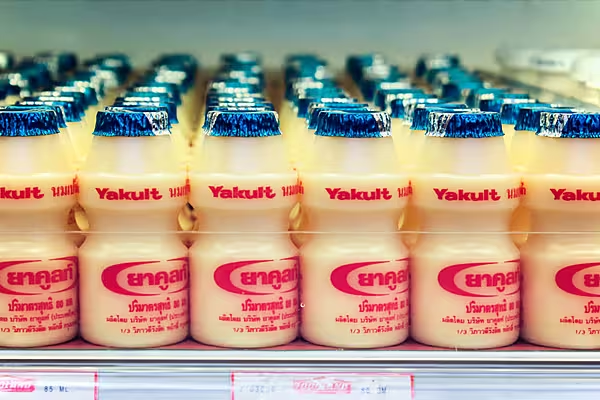Probiotic dairy company Yakult Honsha Co., Ltd. has announced plans to achieve net-zero carbon emissions by 2050.
The company has launched the Yakult Group Environmental Vision and outlined its strategy in the Environmental Vision 2050 plan.
In establishing the group's environmental vision, Yakult identified six material themes for the group to prioritise within the value chain, including innovation, value co-creation with communities, supply chain management, climate change, plastic containers and packaging, and water.
In order to ensure effective progress, the group has implemented backcasting to establish both Environmental Targets 2030 and Environmental Actions (2021-2024).
Carbon Emissions
By 2030, Yakult aims to reduce greenhouse gas (GHG) emissions by 30%, reduce plastic containers and packaging in Japan by 30%, or make them recyclable, and reduce water consumption at dairy product plants in Japan, per production unit by 10%. All targets are set against 2018 levels.
Between 2021 and 2024, the company will implement several measures to accelerate efforts in achieving its targets for 2030. These include changes in waste reduction measures and conservation goals.
Focus Areas
The group will also focus on using more renewable energy in the future to achieve one of its key goals of reducing greenhouse gas emissions.
In the area of packaging, the group will conduct research on environmentally friendly materials and reduce plastic in product packaging.
Yakult's environmental vision aligns with the Paris Agreement, aimed at stabilising global temperatures, and new declarations from the Japanese government, striving to achieve a decarbonised economy by 2050. [Pic: ©Seikachujo/123RF.COM]
© 2021 European Supermarket Magazine – your source for the latest retail news. Article by Conor Farrelly. Click subscribe to sign up to ESM: The European Supermarket Magazine.











